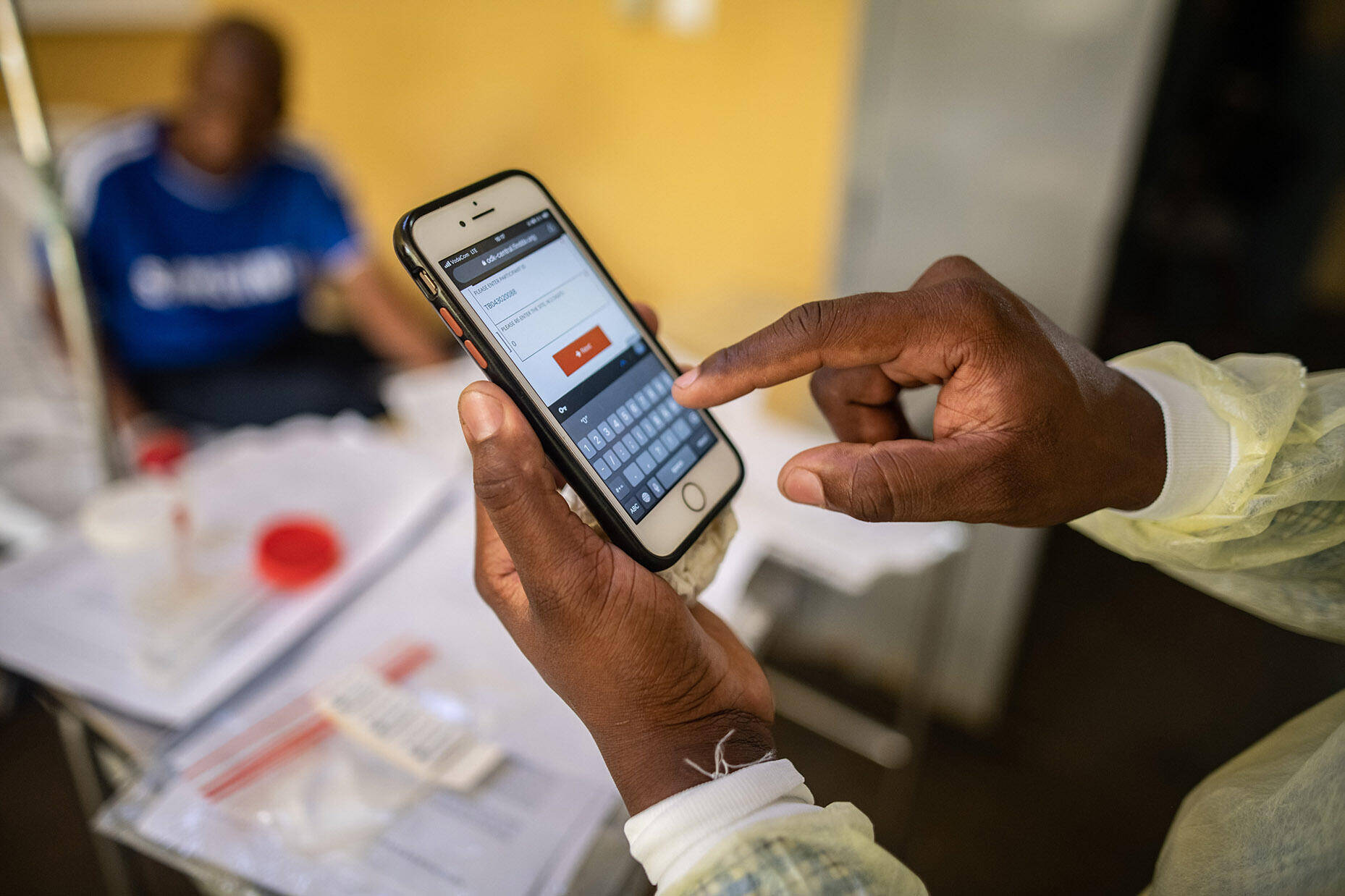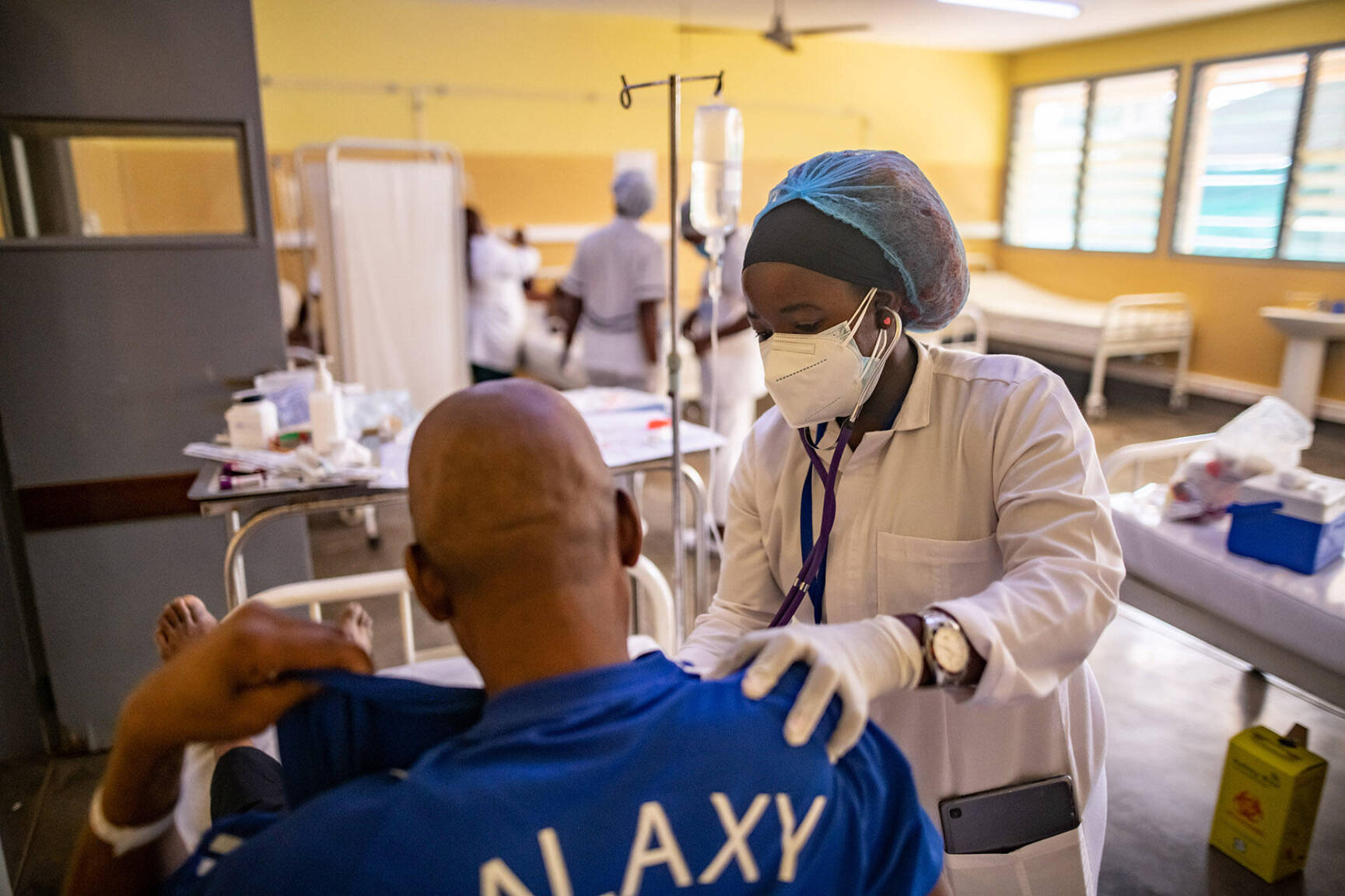The standard diagnostic pathway is based on analysis of two patient specimens – one that is tested using the Xpert MTB/RIF Ultra assay and a second that undergoes further laboratory analysis for drug susceptibility. This was compared with a new pathway which focused on a single patient specimen, which was used both for an initial Xpert MTB/RIF Ultra assay and a follow-up Xpert MTB/XDR testing when the initial assay was positive.
With this new approach, a higher proportion of patients received drug resistance testing results (84% versus 66%) and, crucially, results were available within 24 hours rather than around two weeks. Although it proved difficult to perform the second test within the manufacturers’ recommended time of 4 hours after sample preparation, this did not appear to adversely affect the reliability of results (checked against rigorous laboratory testing).
The study, embedded in routine practice, therefore highlights a potentially straightforward way in which drug resistance testing could be implemented within existing diagnostic practices.
In other work, the Consortium is also exploring a range of approaches for detecting TB in people living with HIV when they are admitted at hospital. The study is assessing Xpert MTB/RIF Ultra testing of sputum, stool and urine samples, as well as lipoarabinomannan lateral flow (LF-LAM) testing of urine samples, at sites in Mozambique and Tanzania.

scroll down
Detecting new cases of TB is highly challenging. It is estimated that 40% of new cases each year are being missed – amounting to millions of people who do not receive treatment and continue to transmit disease. Furthermore, many cases of drug-resistant TB are being missed, so patients are missing out on the most appropriate treatment.
The EDCTP2-funded TB-CAPT project is evaluating different approaches to TB detection within health systems, comparing pathways based on centralised testing using the Xpert platform and near point-of-care testing with Trunat technology. Within this project, it has also examined a potential approach for accelerating the detection of drug-resistant TB in South Africa, a country with one of the world’s highest burdens of TB.
The TB bacterium can develop different levels of resistance. Tests are available for the Xpert platform that can detect resistance to rifampicin (Xpert MTB/RIF and Xpert MTB/RIF Ultra). More recently, tests have been developed to identify resistance to second-line drugs (Xpert MTB/XDR).
In the TB-CAPT-CORE study, the team worked with two routine clinical diagnostic laboratories in South Africa, investigating a possible approach for rapid detection of second-line drug resistance.
Utilising existing tests better may be a way to reduce the ‘missing millions’ who do not receive a TB diagnosis or have undiagnosed drug-resistant infections.

Improving TB detection by health systems